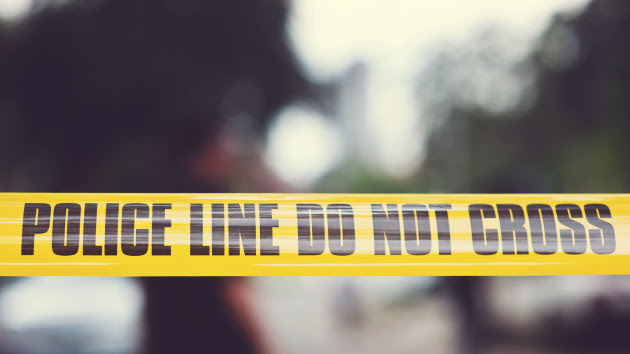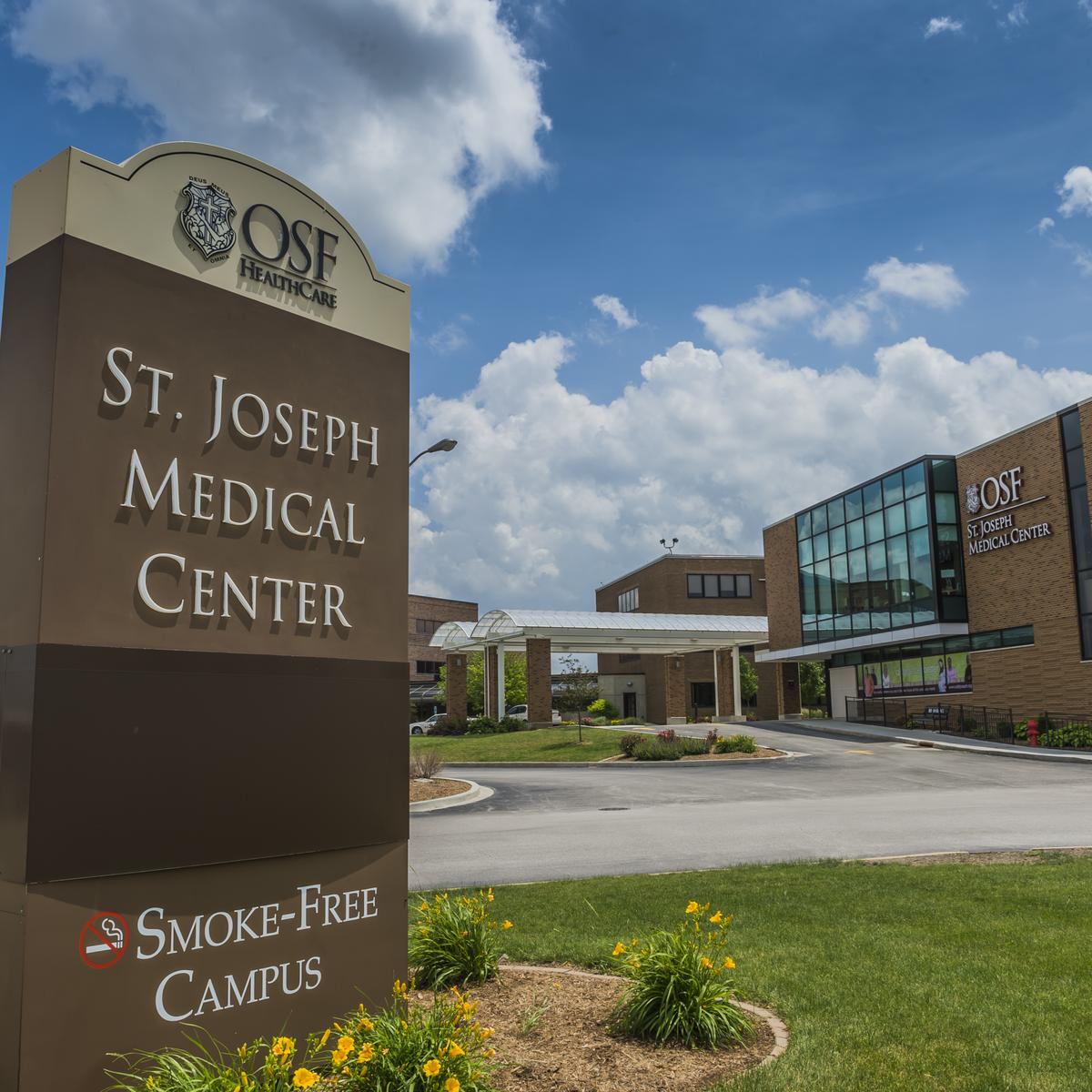“Justice Denied” event held at Heartland Community College
Written by Allison Petric on November 11, 2023
Photo provided by Steve Fast
NORMAL, Ill. – Heartland Community College hosted its “Justice Denied” event on Wednesday, November 8. Guest speakers, Kristine Bunch and Patrick Pursley, spoke about their journey through the criminal justice system and their years lost to wrongful conviction.
This was the second time Heartland organized this event by many faculty at the school.
Assistant to the President for Public Information Steve Fast assists the President and Executive Office with communication within the community and other media. He also helps to establish relationships within government relations and public safety.
Fast helped to organize the event and spoke on the context of each of the cases of the guest speakers. Kristine Bunch was arrested and charged with setting a fire that claimed the life of her 3-year-old son.
Fast said, “At the time she didn’t have a lot of resources. Her court appointed attorney didn’t have access to the forensic evidence that was eventually approved or disproved. The evidence was entered to say that the fire had been started by arson.”
After spending nearly two decades incarcerated, she was able to make connections and earn a degree. Bunch was released after 17 years of her wrongful arrest.
Patrick Pursley was convicted of murder in 1993. The state built its case against him without any eyewitness identification or any DNA or fingerprint evidence.
Fast said, “The case was based on testimony of state firearms and toolmark examiner who testified that the bullets and cartridge found in the crime scene matched with Pursley’s home.”
When asked what the students of Heartland took away from this event, Fast said that students can use this event to gain more knowledge and understanding of the mistakes that the justice system can make.
“What this event brings to students and even the community, is a better understanding of how the justice system works and sometimes does not work. There are also more complexities to the justice system that some may not necessarily know about,” Fast said. “This exposes them to stories of people who have gone through extreme circumstances and that someone’s background can influence what access they have if they are charged with a crime.”




